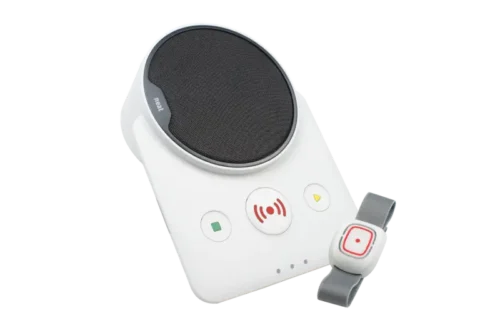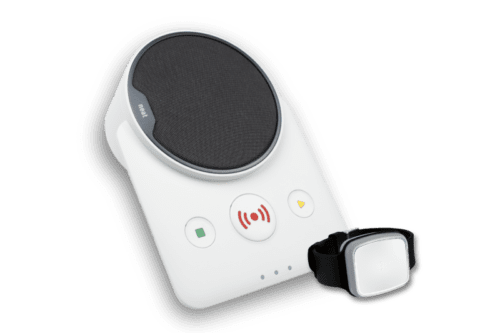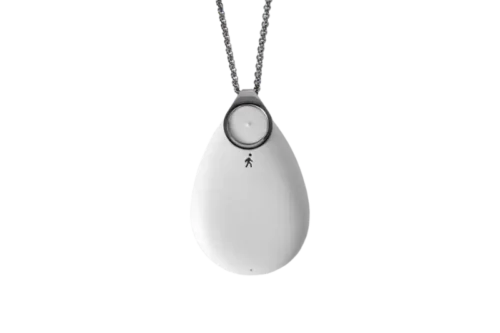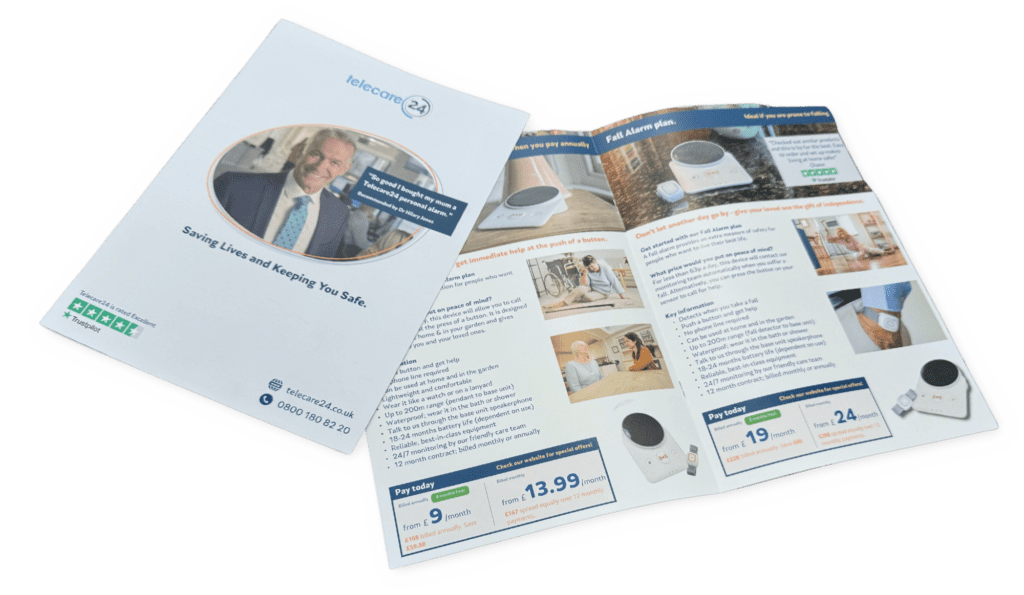Guide to GPS Alarms
GPS alarms provide personal safety everywhere and are the ideal way to stay safe, whether you are at home or exploring the great outdoors. You can use them anywhere: at home, in the garden, while shopping, walking, or even driving – all with a push of a button.
Navigate this page
Use the links below to jump to the section you want to read first:
- What is a GPS alarm?
- What does a GPS alarm do?
- How does a GPS personal alarm work?
- Who does a GPS tracker call for help?
- How does a GPS tracker affect my privacy?
- Do GPS alarms for elderly detect falls?
- Who are GPS alarms for?
- What does a GPS alarm look like?
- How many people can use a GPS alarm?
- How do you order a GPS personal alarm?
What is a GPS alarm?
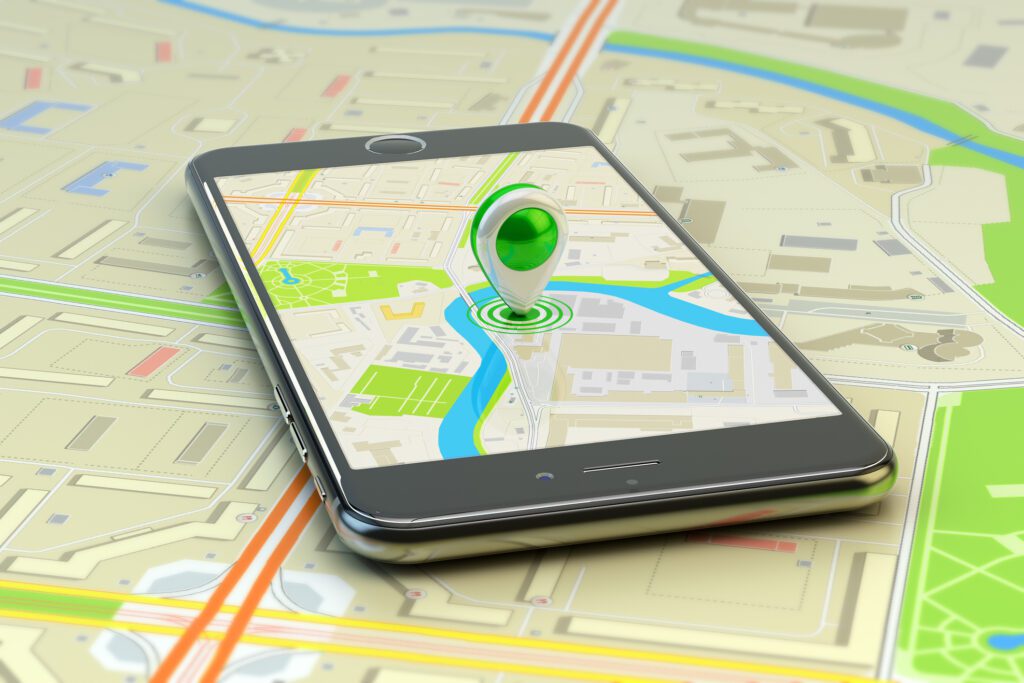
What does a GPS alarm do?

Who does a GPS tracker call for help?
How does a GPS personal alarm work?
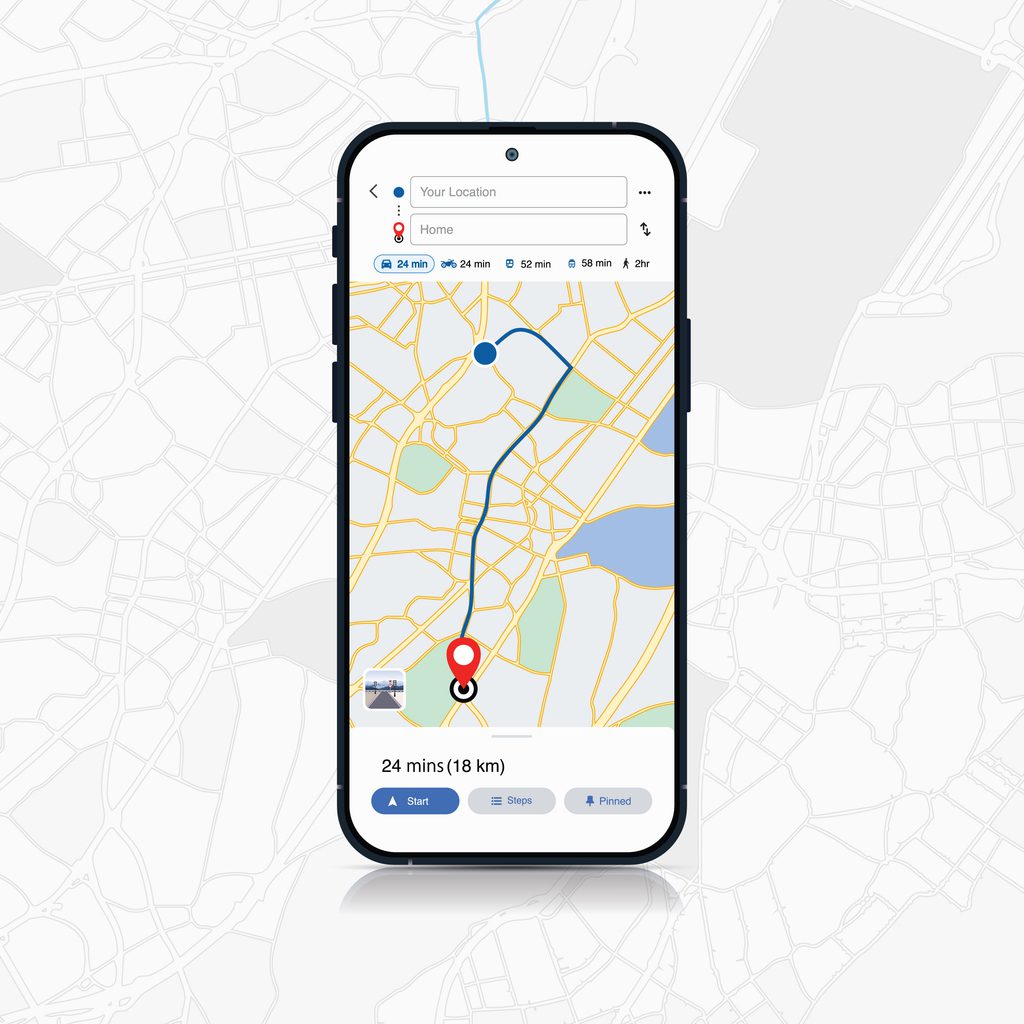
How does a GPS tracker affect my privacy?
Do GPS alarms for elderly detect falls?
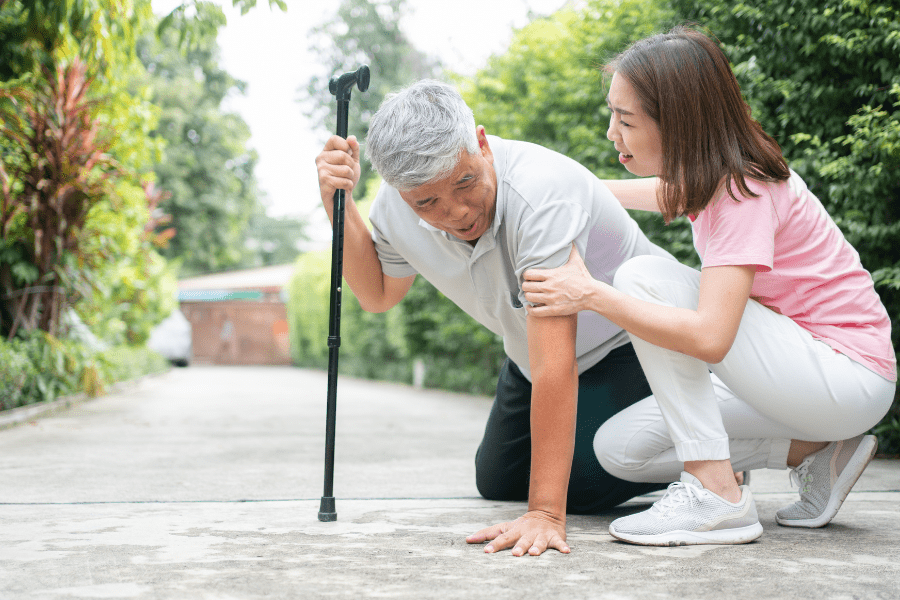

Who are GPS alarms for?


What does a GPS alarm look like?
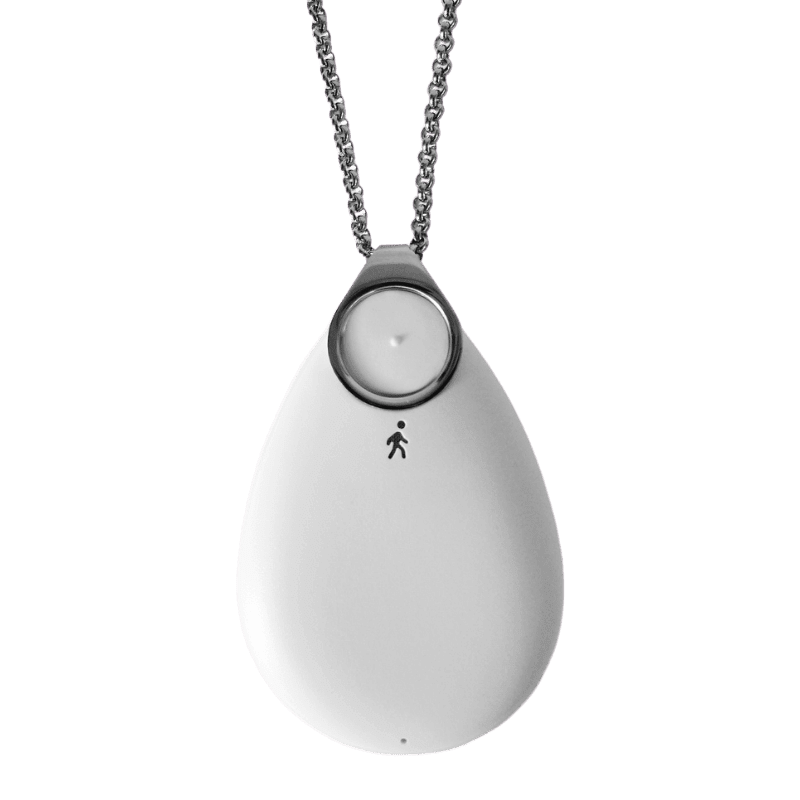
How many people can use a GPS alarm?

GPS Alarm FAQs
Some more commonly asked questions about GPS alarms.
A GPS alarm can be used by anybody, but it is perfect for people that lead relatively active lifestyles and get out and about but want an extra measure of reassurance that help is at hand should anything happen.
You can use them anywhere; at home, in the garden, when you’re shopping, out walking or even driving, with just a press of a button. GPS alarms give you confidence knowing that if you need help, you can get it easily.
GPS alarms can be worn or carried, depending on the model and your preference. Wearable GPS alarms are typically worn around the neck on a lanyard or a chain.
Depending on the product, some can also be worn around the wrist, carried in a pocket, or attached to your clothes, or clipped to a key ring. Your wearing options should be made clear to you by the provider.
Important: The fall sensor inside the Chiptech GOTM (which comes with Telecare24’s GO! GPS alarm plan) is only effective if the device is worn around the neck.
If you use a pacemaker, you must not wear the Chiptech GOTM device around your neck. Customers who use a pacemaker should seek advice from the provider before placing an order.
For a fall detection device that can be worn by pacemaker users, see the fall alarm plan from Telecare24 (not GPS-enabled and wrist-worn only).
It’s fine to wear a GPS alarm device while you are in bed, but if you prefer to take it off overnight you should keep it close by in the event you need to call for help.
Most GPS alarms are waterproof and are fine to wear in the bath or shower.
You should check that a GPS alarm has what is known as an ‘IP67’ rating. This means that it has been officially tested and certified as being waterproof at a depth of up to 1m for no more than 30 minutes.
To raise the alert, most GPS alarms will have an emergency call button you can press.
If it includes automatic fall detection, like the GO! GPS alarm from Telecare24, the device can also automatically detect when you have fallen and raise the alert for you, even if you can’t.
Unlike traditional ‘at home’ alarms which connect to ‘analogue’ telephone lines, GPS alarms use the mobile phone network to connect you and, when activated, use built-in GPS technology to share your precise location so you can get the help you need wherever you are.
Telecare24 now offers digital ‘at home’ plans in the form of a digital pendant alarm and a digital fall alarm. These plans are ‘switchover proof’ and as such are unaffected by analogue telephone lines being disconnected.
Well-made GPS alarms are designed to recognise when they are thrown or dropped and do not activate. This is to prevent accidental calls for help which send an alert to a monitoring service.
A GPS alarm is best for you if you lead a relatively active lifestyle.
If you are housebound, you might be better off choosing an ‘at home’ plan, such as the fall alarm plan from Telecare24.
It can be a good idea for people with epilepsy or dementia to have a GPS alarm, depending on the person’s individual circumstances.
For example, a person with epilepsy may be out and about and need help if they feel like a seizure is likely to occur.
In another example, people with dementia may be out and about and not remember where they are or how to get home and therefore need help.
If a GPS alarm is not suitable after all, an epilepsy alarm might be.
A telephone landline is not needed with a GPS alarm. Typically, a GPS alarm has a SIM card inside that uses the mobile phone network to call for help.
Yes. GPS alarms for the elderly will have a rechargeable battery inside. The best ones will last over a week on a single charge.
Yes. GPS pendant alarms have a built-in loudspeaker and microphone inside, meaning you can speak to the person on the other end.
GPS alarms use the mobile phone network, so if the signal you get at home on your smartphone isn’t very good then a GPS alarm may not be suitable for you.
Some homes, particularly with older buildings, may be built using materials that don’t allow for good mobile reception. You should check this with a mobile phone before you order a GPS alarm. Don’t forget to check while standing in your garden as well!
To check the strength of the mobile network signals outside the home and in your local area, use this Mobile Coverage Checker.
The best GPS alarms will connect to the strongest signal of any mobile phone network in the area, and are not dependent on you choosing a network provider like you would with a smartphone.
The cost of careline services varies depending on the supplier and what features and benefits their products and services include.
Telecare24 offers a GPS alarm plan at a competitive price. This plan includes monitoring from a 24/7 careline service based in the UK. This is a VAT-exempt price, as GPS alarm customers are exempt from paying VAT if they live with a disability or long-term illness.
Some providers, including Telecare24, will ask new customers to pay a one-time setup fee.
It is a device that allows you to call for emergency help at the press of a button while you are out and about and on the go. It provides personal safety everywhere and is the ideal way to stay safe whether you’re at home or exploring the great outdoors.
You can use it anywhere; at home, in the garden, when you’re shopping, out walking or even driving, with just a press of a button.
The device uses the mobile phone network to communicate with our team. Inside, the device has a roaming SIM card that connects to the strongest signal available in your area. Therefore, it works as long as there is a mobile network.
The battery in most GPS trackers is rechargeable and should last over a week on a single charge.
The best GPS alarms will have automatic fall detection built-in. These are ideal for people who live an active lifestyle and go out and about and still, but still want the added reassurance that help will come if they fall over.
GPS devices are designed to be used anywhere: at home, in the garden, while shopping, walking or even in the car.
Keep in mind that these devices need a strong mobile phone signal in order to work reliably. If the signal you get inside the home on your mobile phone isn’t very strong then a GPS alarm may not be appropriate for you.
Some buildings, particularly with older homes, may be built with materials that don’t let in a strong mobile signal.
You should check the strength of the mobile signal around your home and in your garden by using your mobile phone keeping an eye on the signal bars.
To check the mobile network strength in your local area, use this Mobile Coverage Checker.
